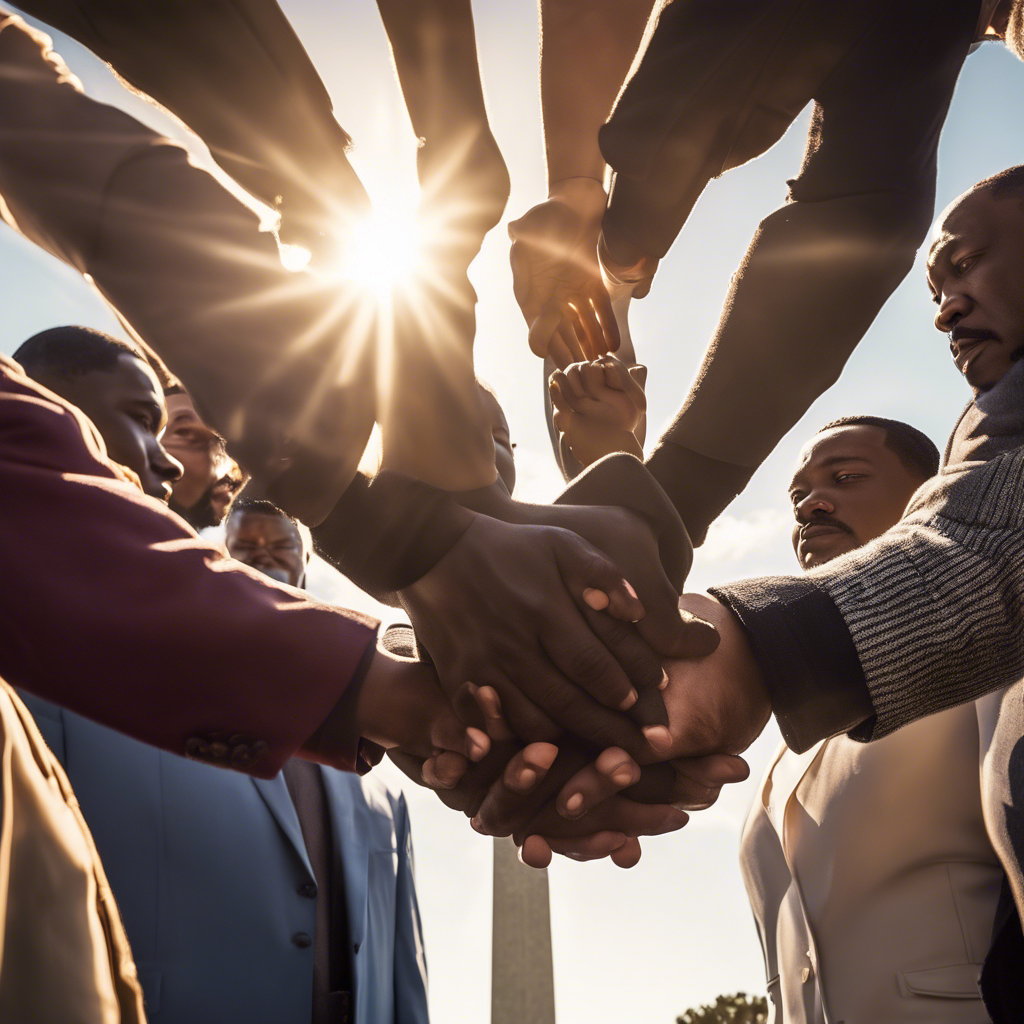
Every year, on the third Monday of January, the United States observes Martin Luther King Jr. Day, a federal holiday dedicated to honoring the life and legacy of one of the most prominent civil rights leaders in American history. Martin Luther King Jr. Day, often referred to as MLK Day, is not just a day off from work or school; it is a day to reflect on the principles of equality, justice, and nonviolent activism that Dr. King championed throughout his life. In this blog post, we’ll delve into the history of MLK Day, its significance, and how it is celebrated today.
The History of Martin Luther King Jr. Day:
Martin Luther King Jr. was a Baptist minister and civil rights activist who played a pivotal role in the American civil rights movement during the 1950s and 1960s. His leadership and advocacy for racial equality, desegregation, and the end of discrimination inspired millions of people around the world. Unfortunately, on April 4, 1968, Dr. King was tragically assassinated in Memphis, Tennessee.
In the years following his death, there was a growing movement to honor his contributions and legacy. On November 2, 1983, President Ronald Reagan signed a bill into law, designating the third Monday in January as Martin Luther King Jr. Day, a federal holiday. The first official Martin Luther King Jr. Day was observed on January 20, 1986.
Significance of MLK Day:
MLK Day is significant for several reasons:
- Celebrating Civil Rights: The holiday commemorates the achievements of the civil rights movement and Dr. King’s tireless efforts to end racial segregation, promote civil liberties, and fight for justice and equality for all Americans.
- Promoting Nonviolent Activism: Dr. King’s commitment to nonviolent protest and civil disobedience remains an essential lesson in peaceful activism and social change. MLK Day encourages people to pursue social justice and equality through peaceful means.
- Education and Reflection: MLK Day provides an opportunity for individuals and communities to engage in discussions about racial inequality, civil rights, and the ongoing struggle for social justice. It is a day for reflection and learning.
How MLK Day is Celebrated:
- Service and Volunteerism: Many communities use MLK Day as a “day of service.” People volunteer their time to engage in community service projects, helping those in need and making a positive impact in their neighborhoods.
- Educational Programs: Schools, universities, and cultural institutions often organize educational programs, workshops, and events that explore Dr. King’s life, the civil rights movement, and the broader issues of social justice.
- Commemorative Events: Parades, rallies, and gatherings are held in cities across the United States to celebrate Dr. King’s legacy. These events often feature speeches, music, and artistic performances that honor his contributions.
- Civic Engagement: MLK Day serves as a reminder of the importance of civic engagement and voting rights. Efforts to register voters and raise awareness about the significance of participation in the democratic process are common on this day.
Conclusion:
Martin Luther King Jr. Day is not only a day to remember the past but also an opportunity to renew our commitment to the principles of equality, justice, and nonviolent activism. Dr. King’s dream of a more just and equitable society still resonates today, and MLK Day reminds us that the fight for civil rights and social justice is ongoing. By honoring his legacy and working towards a better future for all, we can make Dr. King’s dream a reality.







